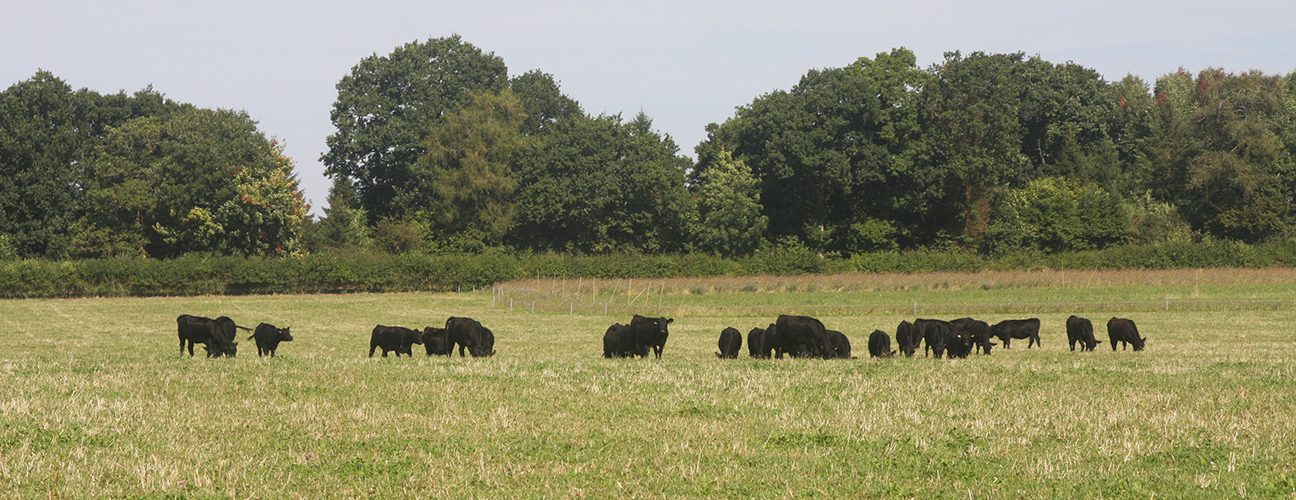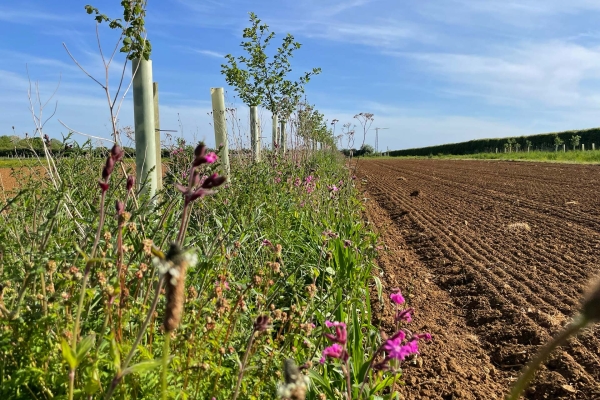Event
Natural Fly Prevention & Treatment for Livestock
In this webinar, homeopathic vet Chris Aukland, farmer mentor Lynnie Hutchison, and medical herbalist Kate Scott advise on the effective prevention and treatment of flies using homeopathy, herbs and essential oils. This will include farmer-tested strategies for parlour/stable flies, fly strike and more. A Q&A will be held at the end of the session. Suitable for any livestock keeper.
The True Cost of Flies
Biting flies reduce growth rates, weight gain and milk yield. Flies also transmit diseases like summer mastitis and pink eye. Treating a single mastitis case can cost up to £300.
Flystrike affects over 75% of UK sheep farms costing the industry more than £2 million every year.
Climate change is extending the fly season AND bringing ‘superflies’ from southern countries to northern Europe, UK and Ireland.
Chemical treatments are costly, require repeated reapplications due to limited residual effect and bring serious drawbacks:
- Resistance is a growing concern
- Environmental harm: runoff into soil and water
- Meat and milk withdrawal periods
- Fleece value loss: strike patches downgrade wool
- Health risks: to farmers, handlers, and processors
- Risk of certain ingredients being banned
What You’ll Learn
- How natural solutions perform in real-life farm conditions
- Which treatments show promise for prevention and recovery
- How to source, prepare and apply alternatives effectively
- Protocols and recipes covering homeopathy, herbs and essential oils
What You’ll Gain
- New farmer-tested tools for your fly management strategy
- The confidence to reduce chemical reliance without compromising welfare
- The potential to protect your livestock, your land, and yourself
Included: 2hrs live and recorded access; handouts
WHAg is a not-for-profit organisation that helps farmers learn and adopt health systems that promote vitality, resilience and immunity. The online Learning Centre offers education, information and community support to help farmers end reliance on synthetic chemicals, antibiotics and intensive interventions.

